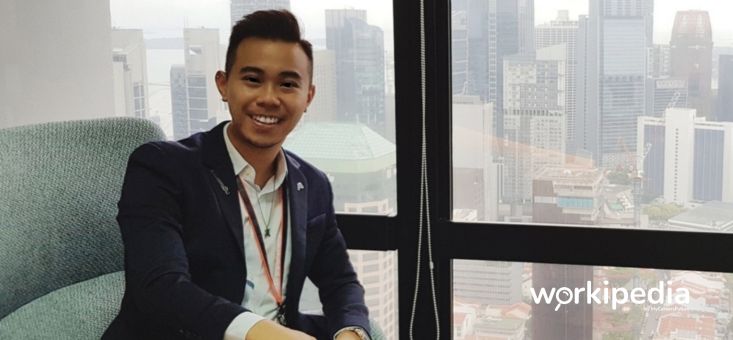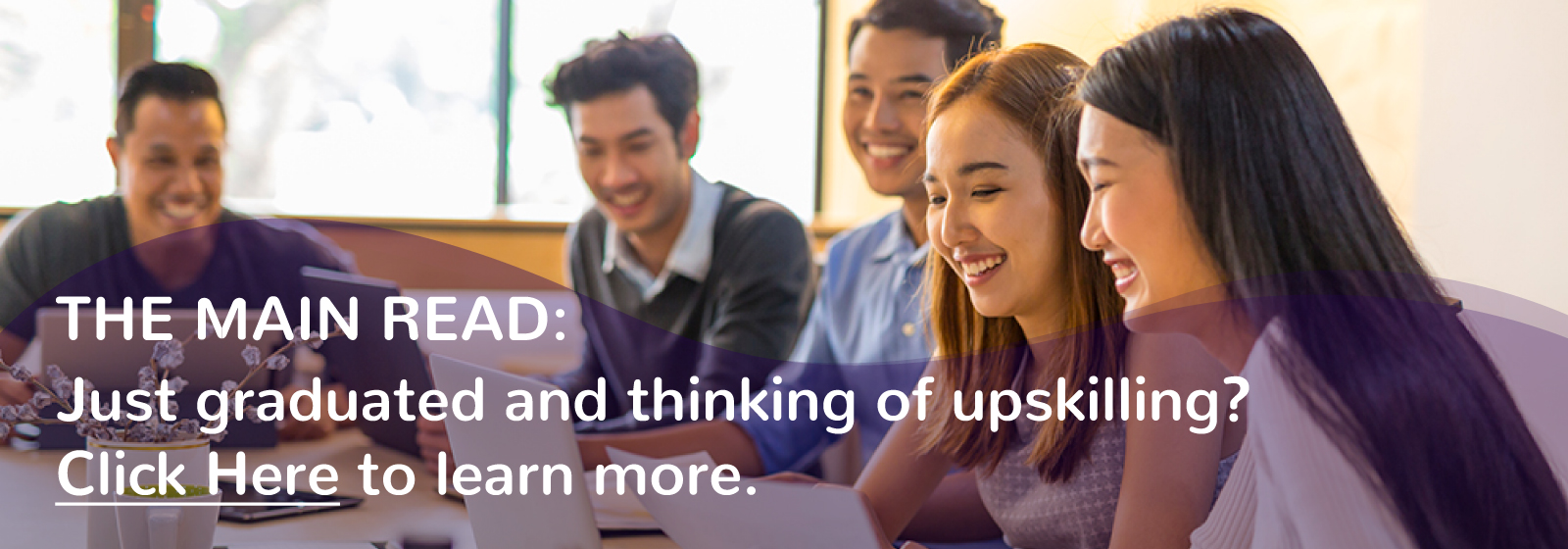After spending over four years growing a career in banking and a short stint in the e-commerce industry, Ong Shen Kwang switched to join Singapore’s fintech industry, a sector poised to become the “next big thing” in driving jobs and revenue in Southeast Asia’s tiger economy. “The opportunity came, and I decided to take it up,” said Shen Kwang, or SK, who added that he was keen to pick up new skills in a new role.
However, things were not easy, as SK’s move came just months after Covid-19 struck. The need to cope with many unforeseen changes in the workplace added to the usual pressures of adjusting to a new work environment. Then a senior project manager at a fintech firm (now project director), SK had to adapt to the fast pace and tight deadlines common to the industry.
Fortunately, having a positive frame of mind and adopting habits that keep him productive have helped him adapt to a new industry, as well as a new world of work. Learn about SK’s tips for coping with change at work and how millennials can build and thrive in a new career.
What prompted you to switch to a career in the fintech industry? What were the challenges you faced while making the switch?
Prior to pursuing a career in fintech, I had worked as a process facilitator driving cross-functional process transformation initiatives in a local bank, and as a marketing project manager driving special projects in an e-commerce firm. I made the switch mainly because I wanted to deepen my transferable skills and pick up new skills in a familiar industry.
Having made the switch just months after Covid-19 struck, one challenge I faced was being a new joiner in a remote working environment. However, my boss and colleagues made me feel very welcome through regular check-ins, so I quickly assimilated into my new work environment.
Another challenge I faced was getting used to the pace of the fintech industry. In this industry, we have to produce work that is fast, sharp, and of quality – and as a project manager, meeting deadlines can get stressful at times. Thankfully, despite the virtual environment, I have a very strong support ecosystem within the company. My team members not only transferred their knowledge to me, but also guided me along patiently when I first joined.
Throughout these changes, what are the most important lessons you have learnt?
First: Maintain a positive frame of mind – because our mindset drives our actions! When I first started my career as a fresh university graduate in 2016, I was overwhelmed with stress and there were times I felt like giving up. I began feeling more confident when I adopted a more positive way of thinking, which tided me through the tough times.
Second: Find a mentor – a good mentor will share past experiences with you and teach you to avoid going off-track, deal better with situations, and make more informed career decisions.
Third: Recognise that soft skills are as important as hard skills. Many people emphasise the pursuit of technical competencies. However, I feel that honing our soft skills, such as empathy, is equally important.
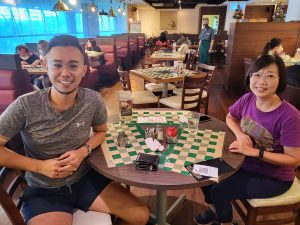
You write for a column on TodayOnline called “Gen Y Speaks”. As a millennial, how do you think millennials are seen in the workforce? Do you have any thoughts on what makes millennials special as a generation?
In my perspective, “millennial” is just a term. We are not vastly different from other generations, so I think we are generally viewed quite similarly to others.
Perhaps like what my colleagues share – we might be a little more vocal in our words, expressive in our actions, and open in our thinking.
How do you think work-life balance can be achieved?
Work-life balance is about allocating our time between work and leisure activities.
Now, I lean more towards the concept of “work-life harmony.” It explores the broader context of incorporating work into our lives, where work and life co-exist in a fashion that elevates happiness in both our homes and our offices.
Personally, I feel that you can achieve work-life harmony through the power of timeboxing and prioritisation. By doing so, we tend to stay focused on completing our tasks on time, leaving us with more undisturbed time after knocking off!
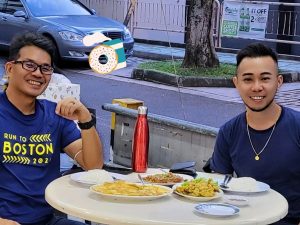
Can you recall moments that were pivotal to how you developed your career? Did you have any mentors that provided you with guidance?
I entered the banking industry as a fresh graduate, under the bank’s Young Banker Programme (now known as Graduate Talent Programme). As part of the programme, we each had a mentor assigned to us from a different department.
During the third year of my career, I was appointed to lead a huge project. I became overwhelmed with stress, resulting in a lack of focus on whatever I was doing. Viewing everything as a chore, I almost wanted to throw in the towel. Thankfully, a conversation with my mentor came in timely. He said, “Lamenting only reinforces a negative mindset.”
That phrase struck me hard – his advice encouraged me to think positively. I then broke down complex challenges into smaller chunks of problems, and overcame the problems by setting milestones for myself. It might seem like simple advice, but it was extremely useful guidance for me to tide through the tough period.
Could you share some tools/habits that you have found to be extremely useful in ensuring you live your best life every day?
I exercise daily to keep myself physically and mentally fit. I sometimes go for a jog during lunch hours to reset myself and stay productive at work for the rest of the day.
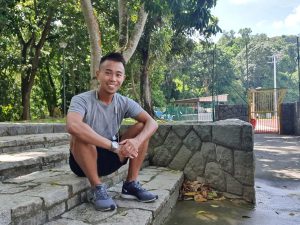
At this stage of your career, what does success mean to you now?
From a career perspective, success means that I can bring significant impact to my organisation, for instance, delivering high business value and advocating the spirit of excellence. From a life perspective, success means being able to spend a significant amount of time with my endearing family outside of work. Work-life harmony, eh!
Any words of career wisdom you would like to share with jobseekers in Singapore?
One of my favourite life quotes is: “Life is like riding a bicycle. To keep your balance, you must keep moving”.
Drawing a parallel with our careers, we must constantly upskill ourselves, take on new challenges, and move ahead with the times. Venturing out of our comfort zone may seem scary, but once we have taken the first step, things will eventually fall in place. Thus, I urge everyone to keep moving forward, and never give up on your career pursuits!
This article is contributed by JobStreet.

